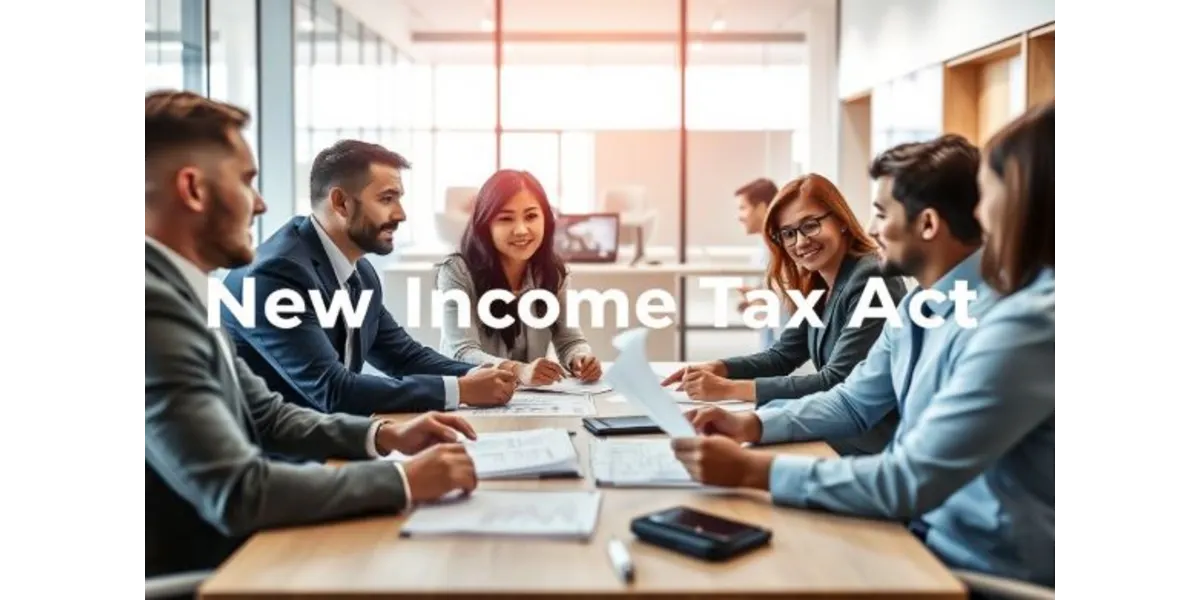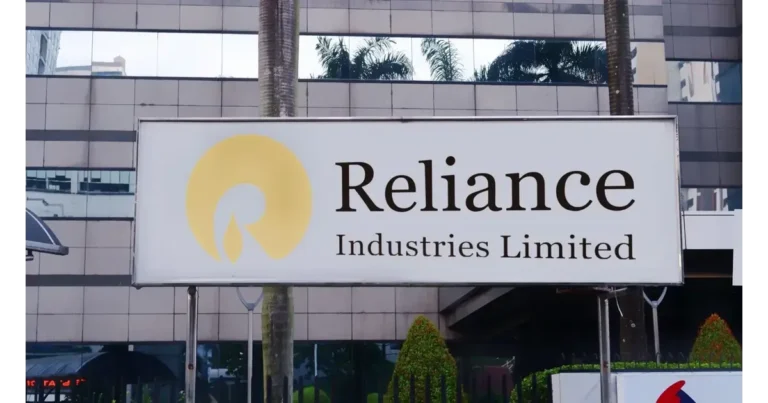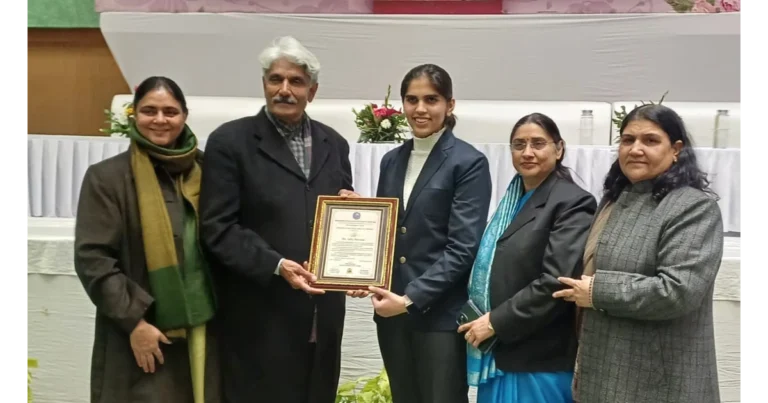
Introduction: New Clarity on a Long-Standing Tax Ambiguity
On September 19, 2025, the Central Board of Direct Taxes (CBDT) released Circular No. 13/2025, bringing both relief and rectification to taxpayers affected by rebate claims under Section 87A for special rate incomes—notably Short-Term Capital Gains (STCG) on equities. While the circular offers a waiver of interest under Section 220(2) if dues are cleared by December 31, 2025, it simultaneously mandates tax demand notices for previously allowed but legally ineligible rebate claims.
The Core Issue: Rebate Allowed Where It Shouldn’t Have Been
Taxpayers who opted for the new tax regime under Section 115BAC(1A) were mistakenly granted the Section 87A rebate on income taxed at special rates. This included STCG taxed under Section 111A at 15%. These errors occurred during the automated processing of returns by the Centralized Processing Center (CPC).
While taxpayers received rebate benefits through system-generated assessments, the CBDT now asserts that such rebates were never legally valid, prompting the need for rectifications and fresh demand notices.
What the Circular Mandates
CBDT’s circular outlines two major directives:
- Rectification Orders: The CPC must initiate corrections in cases where Section 87A was wrongly allowed.
- Demand Notices Issued: Taxpayers will receive tax demands, and although interest is normally charged under Section 220(2), this will be waived if the tax is paid by December 31, 2025.
Expert Opinions on the Circular and Legal Implications
S. Vasudevan – Lakshmikumaran & Sridharan
Vasudevan notes that CBDT circulars are binding on the tax authorities, not the taxpayers. He highlights that the Income-tax Act overrides any circular, and taxpayers can legally challenge these demands.
“Taxpayers receiving such notices can file appeals with the Commissioner of Income-tax (Appeals) and rely on favourable decisions from ITAT,” he explains.
Akhil Chandna – Grant Thornton Bharat
Chandna emphasizes that the rebate was granted in good faith, due to system limitations and unclear legal language. He lauds the partial relief offered by the circular but acknowledges that the circular cements the department’s stance:
“It clarifies that rebate under Section 87A does not apply to any special-rate income under 115BAC(1A). However, waiving interest for payments made before December 31 is a step toward taxpayer fairness.”
Neeraj Agarwala – Nangia & Co LLP
Agarwala points out that while the law explicitly disallows Section 87A rebate on long-term capital gains under Section 112A, it does not explicitly bar such claims on short-term capital gains under Section 111A. Many taxpayers claimed rebates in good faith due to this grey area.
“Despite returns being processed without objections earlier, these benefits are now being reversed. Taxpayers must clear dues by December 31 to avoid interest.”
Mihir Tanna – S.K. Patodia LLP
Tanna underscores that this issue particularly impacts returns filed before July 5, 2024, before the Income Tax utility software schema was updated to block such rebate claims.
“Litigation is likely to increase, given the conflicting judicial interpretations. However, the waiver of interest until December 31 offers some relief to taxpayers acting in good faith.”
The Ahmedabad ITAT Ruling: A Different Perspective
In a significant decision dated August 12, 2025, the Income Tax Appellate Tribunal (ITAT) Ahmedabad ruled in favour of the taxpayer, stating:
- There is no express statutory restriction in Section 87A or Section 111A barring rebate on short-term capital gains.
- The Finance Bill 2025 introduced this restriction prospectively, reinforcing the notion that it was not applicable earlier.
- Denial of rebate was system-driven, not backed by legislative language.
This decision contradicts the stance of the CBDT and opens the door to further litigation and potential relief for affected taxpayers.
How Software Changes Sparked a Tax Controversy
The issue escalated following a software update on July 5, 2024, when the Income Tax e-filing utility stopped permitting rebate claims on special-rate incomes. Prior to this, many ITRs were filed with rebate claims under Section 87A.
According to CA Hardik Kakadiya, President of the Chartered Accountants Association Surat, over 500 tax demand notices were recently received by their members. In cases where refunds were due, the rebate amount was deducted, leading to widespread taxpayer confusion and frustration.
What Should Taxpayers Do Now?
Taxpayers receiving such notices have two main options:
- Settle the demand by December 31, 2025, to take advantage of the interest waiver.
- Litigate, by filing an appeal and referencing favourable ITAT rulings and the lack of clear statutory prohibition for earlier years.
Final Word: Compliance Meets Controversy
CBDT’s Circular No. 13/2025 attempts to bring administrative finality to an ambiguous issue that has persisted due to systemic processing errors and legislative silence. While it offers relief in the form of interest waiver, it also opens the floodgates for litigation and appeals, especially for past assessment years where law and logic diverged.






